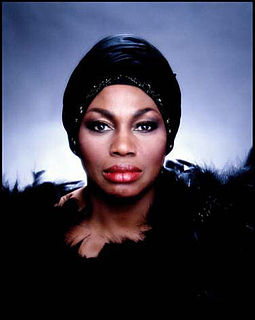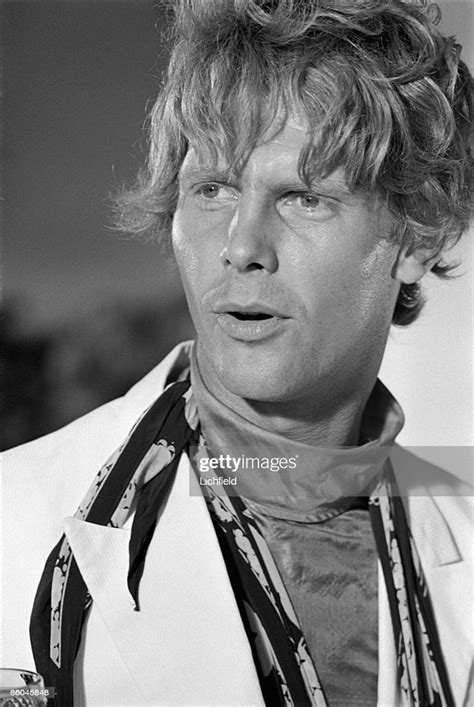A Quote by Janet Fitch
Once you get below the floor of our personal identities, we're all connected. Perhaps that's why we can move into others' lives.
Related Quotes
A false identity is any lie that contradicts our God-given identities through Scripture. These false identities can be created by ourselves because of sin in our lives, choices made, or wrong turns taken and the regret, guilt, and shame that follows. Other false identities are handed to us by outside sources, maybe a damaging word spoken to us by someone or a childhood of abuse. However, not all false identities are negative on the surface, such as successful, attractive, wealthy, athletic, or talented. But even those identities can become false when we place too much of our weight on them.
It requires something more than personal experience to gain a philosophy or point of view from any specific event. It is the quality of our response to the event and our capacity to enter into the lives of others that help us to make their lives and experiences our own. In my own case my convictions have derived and developed from events in the lives of others as well as from my own experience. What I have seen meted out to others by authority and repression, economic and political, transcends anything I myself may have endured.
I think that, regardless of our culture, age, or even personal handicaps, we can still strive for something exceptional. Why not expand our sights instead of restricting our lives and accepting the lowest common denominator of a dormant existence? Faith. . . will permit us to take a chance on a new path, perhaps different from the one we now follow. It may be surprising where it leads.
Why is one a slave to thought ? Why has thought become so important in all our lives -thought being ideas, being the response to the accumulated memories in the brain cells? Perhaps many of you have not even asked such a question before, or if you have you may have said, "it's of very little importance- what is important is emotion." But I don't see how you can separate the two. If thought does not give continuity to feeling, feeling dies very quickly. So why in our daily lives, in our grinding, boring, frightened lives, has thought taken on such inordinate importance?
Ninety percent of what most yoga teachers do is teach asana practice. While asana discharges stress and so forth, it was never intended to be a standalone practice. The true intent of yoga is personal transformation. What we get out of the privilege of teaching prisoners is the opportunity to focus on our own personal development. You can be of service, and, while helping others transform their lives, you have the deeper opportunity to transform your own. What we teach in prison is how we live our lives.



































